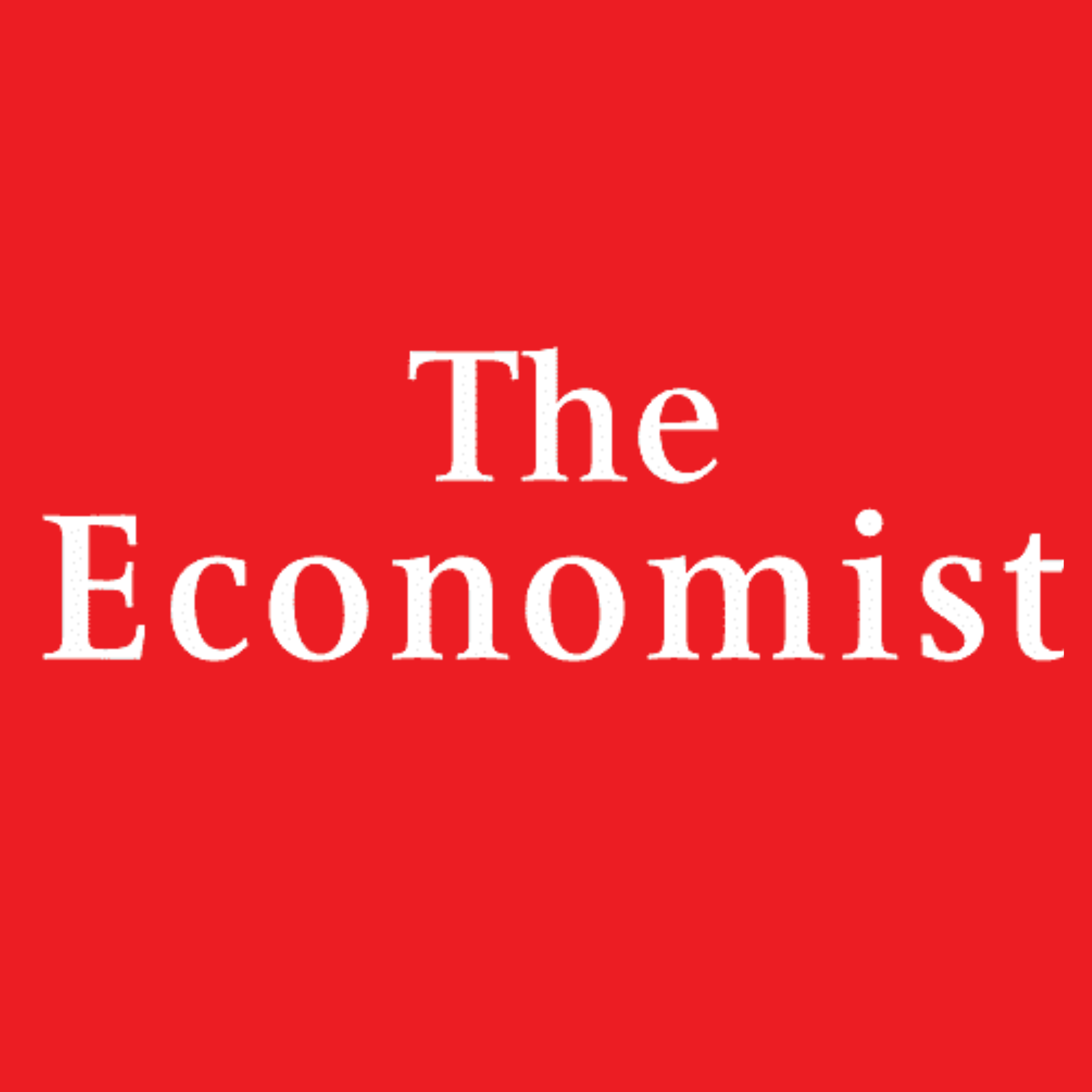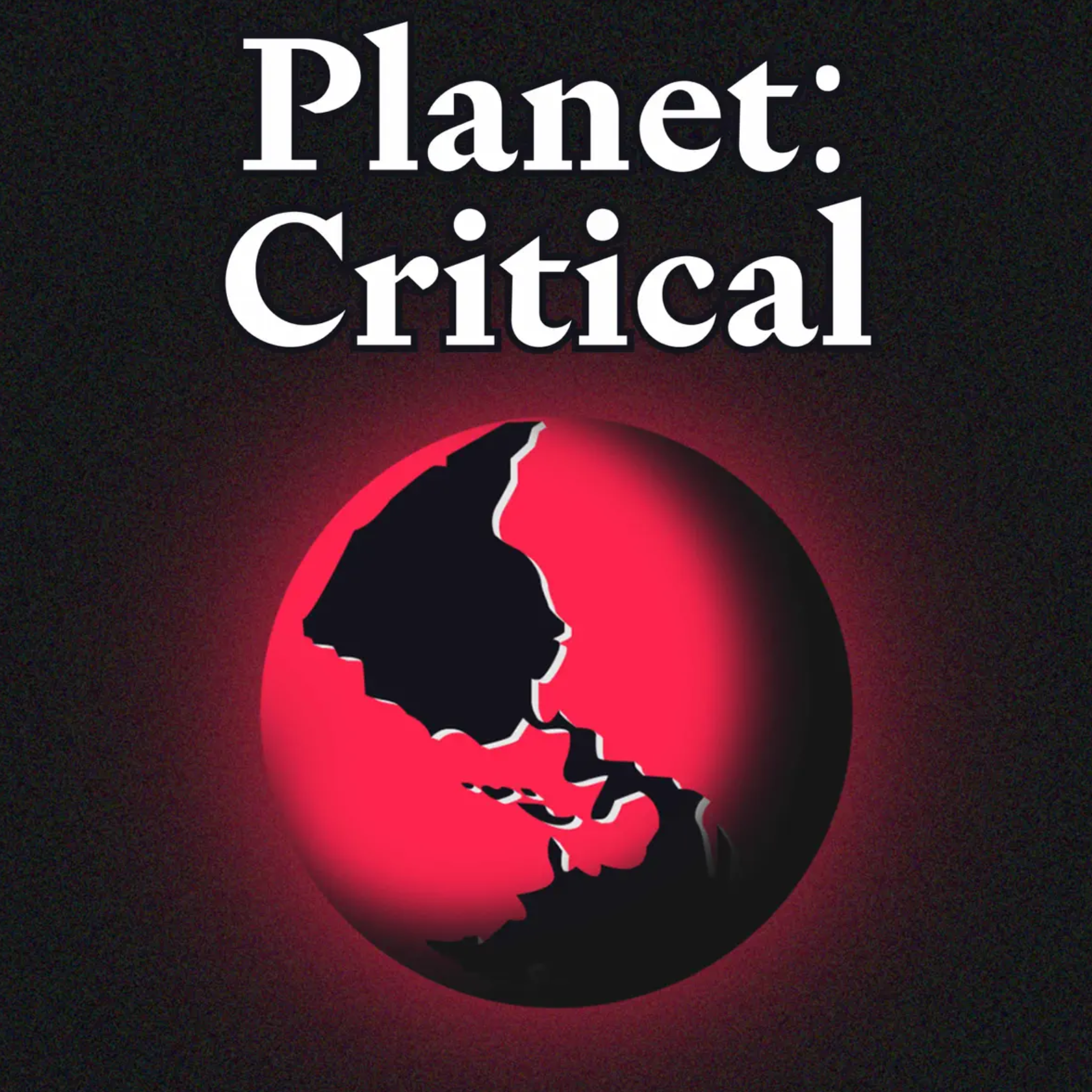
IN THE MEDIA
Media Coverage
Our team works hard to stay active in our media advocacy efforts to shift the mainstream cultural narrative to inspire behavioral and system change towards substantially downscaling human impact to enable natural ecosystems, nonhuman animals, and humanity to flourish together.
Media inquiries for our executive director Nandita Bajaj can be sent to media@populationbalance.org.

Why Musk and Vance want you to have more babies
The truth is that continued growth has just a few beneficiaries, and the socioeconomic status of Musk, Vance and others doing most of the pronatalist proselytizing should tip us off as to who actually profits from population growth and the steady stream of cheap labor it ensures. Hint: it’s not working people, and it is certainly not the women forced to bear children amid darkening environmental and economic realities or the children born into them.

The global gag rule is the logical endpoint of the pronatalist trend
President Donald Trump has begun his rampage on reproductive rights, and it's as bad as we expected. Not content with the usual script for every GOP administration coming into power since 1984, of halting US aid to groups providing or even discussing abortion, Trump's move is true to his brand of mean-spirited, punitive retribution against the most vulnerable.

Confronting pronatalism is essential for reproductive justice and ecological sustainability
Pronatalism, the push for women to have more children, has elbowed its way into prominence in public discourse. In the United States, cultural and institutional pressures on women to bear children are articulated in various ways, from negative portrayals of women who don’t consider having a child a viable choice for themselves, to a burgeoning Silicon Valley subculture that advocates having “tons of kids” to save the world, to policy proposals that would further restrict reproductive choice or limit the voting power of the childless.

COP29 delegates ignored the ultimate cause of global warming
After weeks of discussion, COP29 ended up producing a tepid agreement that offered developing countries less than a fifth of the money they would need to deal with climate change, which was widely panned. Some delegates called it "outrageous," and "a joke." Increasingly, even those who participate in them say that the UN climate and biodiversity processes are broken and need fundamental reform.

Why Naidu and Stalin are wrong — and how their ideas on reproduction turn the clock back
With their proposed solution, Naidu and Stalin would be rolling back hard-won reproductive rights in the southern states for the self-serving motive of obtaining a “fairer” representation. The admirable alternative to fairer funding allocation would be to champion the rights of North Indian women to reproductive autonomy and the protection of girls from child marriage—policies that would lead to declining fertility there as in the south.

Obsessing about birth rates won't fix social security
Our media outlets have a strange obsession with declining birth rates. While the world's population clocks in at 8.2 billion and adds another 70 million per year—and the Intergovernmental Panel on Climate Change warns that population growth is a major contributor—we read near-daily headlines about the "crisis" of declining birth rates.

Slow the growth, save the world? Why declining birth rates need not mean an end to prosperity
The world’s population is, at this point, still growing. Nandita Bajaj, the executive director of the US non-profit Population Balance, says there’s a taboo around discussing population among those who oppose eternal growth. She told a forum this week that population and consumption (and therefore emissions) go hand in hand but there are reasons the left and the degrowth movement duck the conversation.

The unbearable anthropocentrism of Our World in Data
Crist would have us ask whether human supremacism constitutes the most ignorant prejudice of all, as it operates under the demonstrably false belief that the only measure of progress is that of Homo sapiens’ well-being. Subordinate to human ends, the living planet is reduced to a resource for the aggrandizement of the one chosen species.

The benefits of fewer people
“Cash for kids” anxiously surveyed possible remedies for declining birth rates, yet never quite explained why this should be a cause for anxiety and not celebration. The use of terms like “crisis” and “catastrophe” belies the fact that people are choosing to have smaller families and that teenage pregnancy is at an all-time low because women have more reproductive choice.

“Worrying” population declines are actually a hopeful sign
Human population is in the news, but not for the reasons we are used to. At one time, our growing population was seen as central to wildlife extinctions, resource depletion, pollution and environmental destruction. But today, we are more likely to hear that there are too few of us, not too many. As women across the world have gained greater reproductive choice, birth rates have declined.

Our goal should be a planet with fewer humans
The Post’s editorial on birthrates is just the latest in an unending — and unnecessary — series of alarms sounded on this subject in recent years. Outside of briefly acknowledging the many upsides of declining fertility rates, the editorial assumes as given the dire consequences should we fail to convince women to reverse them.

How patriarchal pronatalism dominates the conversation about the human future
While scientists warn that human numbers are a key driver of ecological and social crises, the subject of overpopulation gets short shrift by policymakers, think tanks, and even environmental groups. We are told that numbers don’t matter; what matters is solely the level of per capita consumption.

The seasons of death for wild horses
“Wild horses are scapegoated for ecological degradation of the American West with zero basis in scientific data. Meanwhile, humans and our livestock comprise 96% of mammalian biomass on Earth.” On the 250 million acres of public lands where cows graze, said Stade, there has been a slow-motion disaster. “Cows have wrought utter havoc on fragile riparian zones and are a major force behind species endangerment and biological impoverishment.”

Too much? Too little? Too late?
In a panel discussion spanning the worlds of math, physics and chemistry, investigative journalist Christopher Ketcham chats with Dr. Bill Rees, Prof. Emeritus at the University of British Columbia, Rex Weyler, Co-founder of Greenpeace International, and Nandita Bajaj, Executive Director of Population Balance to discuss where humanity is heading in an overcrowded, over-consuming world.

End the insanity: For nuclear disarmament and global demilitarization
No one believed Katrina would happen before Katrina happened. No one believed Fukushima would happen before Fukushima happened. Virtually no one believes a nuclear war will happen before it happens. But a nuclear war happening is not a disaster: it is a holocaust. Nuclear war must be averted, and most countries have already taken steps to opt out of nuclear madness.

Technology won't save us from global warming, but this just might
After the hottest Northern Hemisphere summer on record, with record high temperatures around the world, Pope Francis recently exhorted the developed world to act faster on climate change. An overhaul of wealthy lifestyles is in order, he said, and technological fixes are not the answer.

Pronatalism on the rise to counter growing push for gender equality
There’s an insidious new tactic emerging for selling right-wing ideology to wider audiences, evident in last month’s Budapest Demographic Summit for “family-friendly thinkers and decision-makers,” the upcoming pro-birth Natal conference in Austin, Texas, and the recent film “Birthgap.”

"It's not science" – Organisations with links to Musk accused of "pro-growth" skew
Questions have been raised concerning Our World in Data (OWID) and its pro-economic and population growth bias after it emerged the organisation has taken donations from tech billionaire Musk since at least 2021.

Feminism is the greatest threat to mankind
Women without children, whether by choice or circumstance, face enormous stigma in most cultures, which often includes domestic abuse, divorce, and social ostracisation. There is also a lack of reckoning with the great unraveling of our ecological and social crises, which will likely bring unimaginably dire consequences for humanity and other species over the next several decades.

Reproductive rights are under threat
Coercive pronatalism – pressures to compel women to have more children – inspired by nationalism, xenophobia, militarism or market fundamentalism is at an all-time high, and is a threat to reproductive rights everywhere. On a planet facing numerous ecological and social catastrophes, bemoaning a decline in national fertility rates is a reprehensible distraction.

